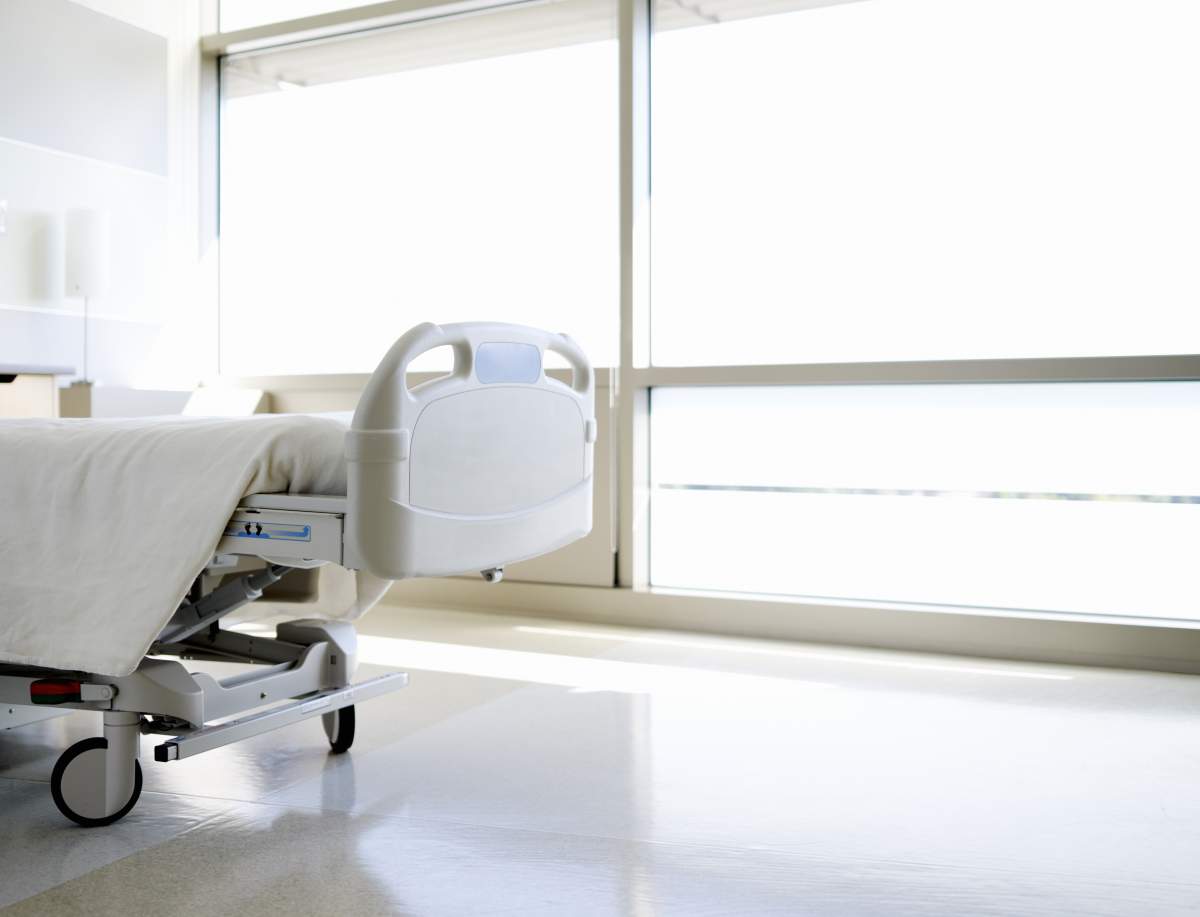Jane Berges, a widow from London, Ont., is speaking out against Bill 7 and doesn’t want other families to be left without a choice.

Berges’ late husband, Don Wilson, 83, died in April after being “forcibly” transferred from the London Health Sciences Centre (LHSC) to a nursing home in the midst of a COVID-19 outbreak amid treatment, she said.
“I fault myself for this and I will forever,” Berges told Global News.
On Wednesday, Ontario’s Progressive Conservative government passed legislation, known as Bill 7, that would force hospital patients awaiting long-term care into nursing homes not of their choosing on a temporary basis.
While patients won’t be billed an uninsured rate of $1,800 per day, those who refuse to move to long-term care are expected to be charged a fee, however it’s unknown how much.

Premier Doug Ford said the legislation is aimed at helping the burden on hospitals and providing appropriate care to those patients.

Get daily National news
“I do understand the impetus to use nursing homes, but we know the problems endemic to them,” Berges said. “Our most vulnerable are going to be sent to nursing homes that no one would elect to be in, if it were their choice, and those nursing homes are going to be full to the brim.
“For pity’s sake, they were sending people there back in February.”
She alleges that after her husband was transferred out of LHSC with “little consultation,” he later fell and broke his hip at the understaffed facility she said was “full of neglect.”
“This is supposedly a rehab place, and you couldn’t have rehab in the hall because everybody was in the rooms,” she said. “One of the PSWs told me she was planning on quitting if somebody else hadn’t shown up.”
Wilson received treatment for a urinary tract infection he developed while in the facility while living with a pre-existing case of non-alcoholic fatty liver disease. He was later readmitted to hospital where he died on April 15.
LHSC said in a statement Friday that the hospital is unable to comment on specific patient matters.
“LHSC does operate as part of a provincial health-care system, which allows us to work with partner hospitals and long-term care homes to ensure patients in Ontario receive quality care based on acuity and available resources,” read the statement.
“We recognize transfers may cause concern for patients and their families. Staff do consult with the patient and family and are committed to working to ease concerns.”
Following their experience, Berges contacted local London West New Democrat MPP Peggy Sattler who told Berges’ story during question period at Queens Park on Wednesday.
“When Don’s wife, Jane Berges, heard about Bill 7, she contacted me to share her story,” Sattler said. “Jane and Don were told by the hospital that Don was being transferred to long-term care and were not given any time to discuss or consider other options.
“Jane continues to live with the guilt that she didn’t say no, but she was overwhelmed and felt they had no choice — this was before the new powers under Bill 7 to admit patients to long-term care without their consent,” she continued. “No family should have to go through this.”
Hours later, the controversial bill was passed by Ford’s majority government.













Comments